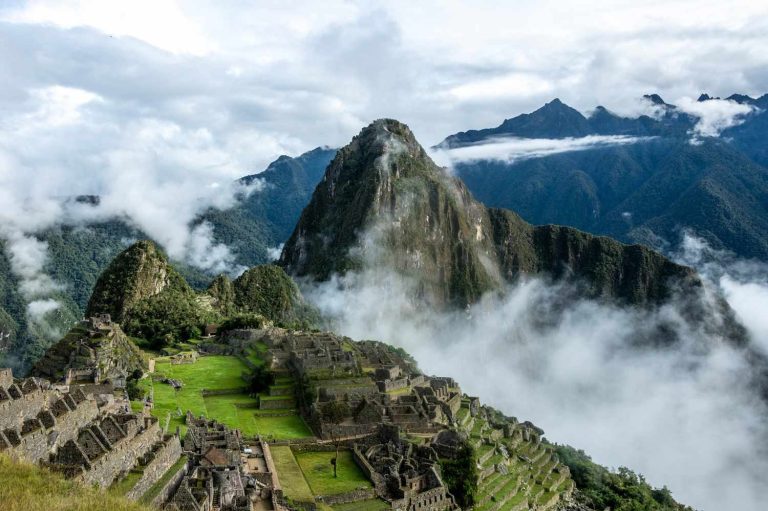.
Discover Caracas
Caracas, the vibrant capital of Venezuela, offers a unique blend of modernity and tradition, making it an intriguing destination for travelers. Nestled in a mountainous region, the city is known for its stunning vistas and rich cultural heritage. Visitors can explore iconic landmarks such as the Simón Bolívar Monument and the National Pantheon, as well as savor the local cuisine at bustling markets and restaurants. The warmth of the Venezuelan people adds to the charm of the experience, making Caracas a must-visit for those looking to discover the heart of this South American gem.
Tips to travel to Venezuela
Traveling to Venezuela can be an exhilarating experience with its stunning landscapes, diverse ecosystems, and vibrant culture. However, due to the current socio-political situation and safety concerns, it's essential to plan your trip carefully. Here are some tips to help you navigate your travels in Venezuela:
Visa Requirements: Check the visa requirements for your nationality before traveling to Venezuela. Depending on your country of origin, you may need to obtain a visa in advance or qualify for a visa waiver. Ensure that your passport has sufficient validity for the duration of your stay.
Safety Precautions: Venezuela has experienced socio-political unrest and economic challenges in recent years, leading to security risks in certain areas. Stay informed about the current situation by consulting travel advisories from your government and reputable sources. Avoid demonstrations, protests, and areas known for crime. Exercise caution, especially in urban areas, and be vigilant with your belongings.
Health Considerations: Venezuela's healthcare system has faced significant challenges, including shortages of medical supplies and personnel. It's essential to have comprehensive travel insurance that covers medical emergencies, including evacuation if necessary. Consult with your healthcare provider regarding vaccinations and preventive measures against diseases such as malaria and yellow fever, especially if you plan to visit remote areas.
Currency and Payments: The official currency of Venezuela is the Venezuelan Bolívar (VES). Due to hyperinflation and economic instability, the country has experienced a severe currency devaluation. Cash is preferred for transactions, but carrying large amounts of cash can be risky. Be cautious when using ATMs and exchange money at authorized outlets. Foreign currencies like US dollars and euros may be accepted in some establishments.
Transportation: Venezuela has a network of domestic flights, buses, and taxis for inter-city travel. Domestic flights are available between major cities and tourist destinations, but schedules and reliability may vary. Buses are a common mode of transportation for longer journeys, but be prepared for crowded conditions and potential delays. Exercise caution when using taxis, and consider using reputable taxi services or ridesharing apps.
Accommodation: Venezuela offers a range of accommodation options, including hotels, guesthouses, and hostels. In major cities like Caracas and Mérida, you'll find upscale hotels and budget-friendly accommodations. In rural areas and national parks, eco-lodges and guesthouses provide lodging options. Book accommodations in advance, especially during peak tourist seasons.
Language: Spanish is the official language of Venezuela. While English may be spoken in tourist areas and by some locals, especially in urban centers, it's helpful to have some basic Spanish language skills to communicate effectively.
Cultural Immersion: Explore Venezuela's rich cultural heritage by visiting museums, art galleries, and historic sites. Sample traditional Venezuelan cuisine, such as arepas, pabellón criollo, and cachapas. Engage with local communities and participate in cultural festivals and events to immerse yourself in Venezuelan culture.
Natural Attractions: Venezuela boasts diverse natural attractions, including the Andes Mountains, the Caribbean coastline, and the Amazon rainforest. Explore national parks like Canaima and Morrocoy, where you can experience breathtaking landscapes and outdoor activities such as hiking, birdwatching, and snorkeling.
Respect Local Laws and Customs: Familiarize yourself with Venezuelan laws and customs to avoid inadvertently violating local regulations. Respect cultural norms and etiquette, including greeting people with a handshake or kiss on the cheek in social settings. Be mindful of local sensitivities and demonstrate cultural sensitivity during your travels.
Given the current situation in Venezuela, it's crucial to exercise caution and stay informed throughout your trip. Consider seeking advice from locals and fellow travelers, and be flexible with your plans to ensure a safe and enjoyable experience.
Itaca Tours, LLC - itacatours.com
120 Park Plaza Dr Apt 3316 - 07094 - Secaucus, United States | Telephone +12154302918
Privacy Policy | ©Copyright. All rights reserved.
We need your consent to load the translations
We use a third-party service to translate the website content that may collect data about your activity. Please review the details in the privacy policy and accept the service to view the translations.

